Suragi, the flower Ananthamurthy loved, gives out more fragrance as it fades U.R. Ananthamurthy’s oeuvre stands out in glittering letters in the history of modern Indian literature. As teacher, writer, and critic, he inspired and challenged his peers, influenced cultural policy, and defined the role of the public intellectual as the ‘critical insider’. His novels in Kannada, Samskara, Bharathipura, and Avasthe, are now regarded as classics. Writers across the world, including Nobel laureate V.S. Naipaul and psychoanalyst Erik Erikson, have responded to his fiction, gleaning from it insights into India and its psyche. Samskara has been translated into a host of languages, including English, French, Russian, and Hungarian.
Suragi, Ananthamurthy’s autobiography, is a simple and straightforward telling of his life and times. It brings alive his childhood in an orthodox family in a little central Karnataka village, his academic life in Mysuru and Birmingham, his role in shaping premier literary institutions such as the Sahitya Akademi and National Book Trust, and his distinguished tenure as the vice-chancellor of Mahatma Gandhi University.
Ananthamurthy also talks intimately about the celebrated writers and politicians he met, the controversies that dogged his life, his run-ins with ultra-nationalists, and his dream of an India defined by a diversity of languages anContents: 1. Childhood. 2. Student Days. 3. Domestic Life. 4. Teaching. 5. During the Emergency. 6. Ups and Downs of Creativity. 7. In Kerala. 8. At National Book Trust and Sahitya Akademi. 9. Controversies. 10. Concluding Notes.d experiences.

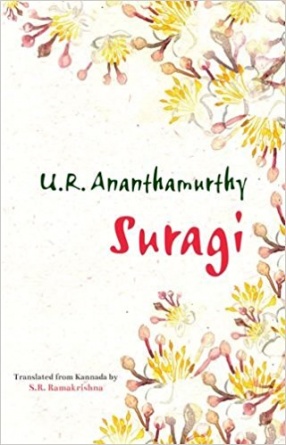
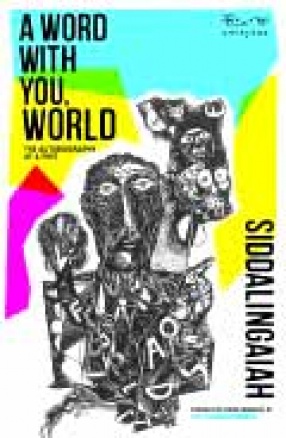
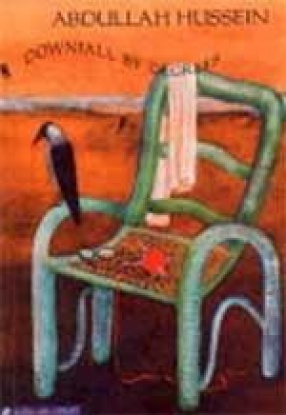
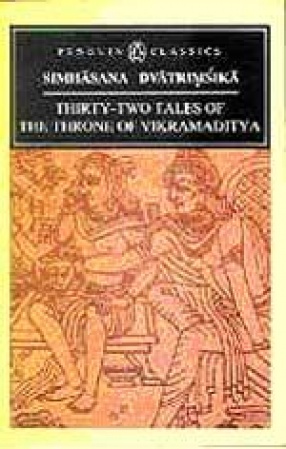
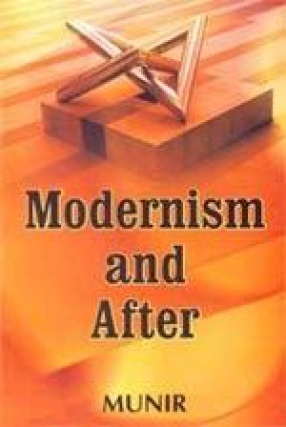
There are no reviews yet.